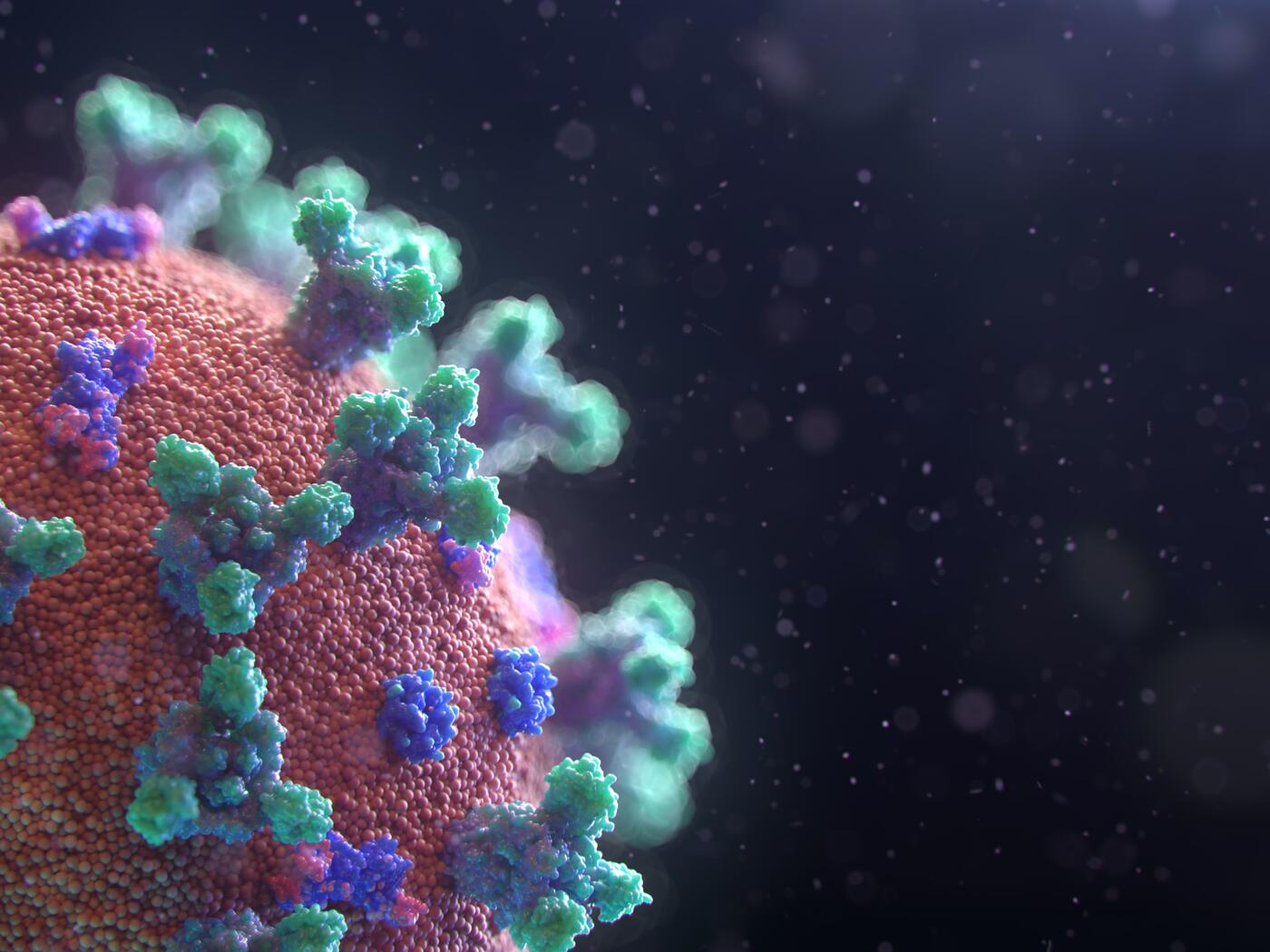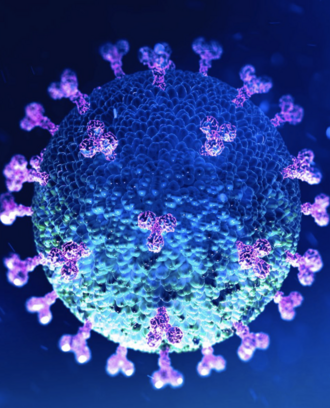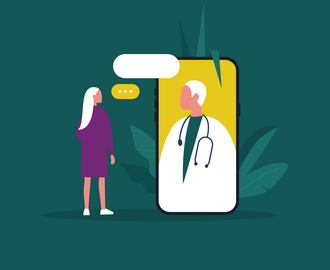Alumni
Jump-Starting America in a Post-Virus World: Becoming the “Science First” Nation
The COVID-19 crisis has added a whole new level of relevancy to the work of leaders in the MIT community, with many faculty adjusting rapidly to evolve their thinking to meet the pressing demands of the present. This is especially true for the former Chief Economist of the International Monetary Fund, MIT Sloan’s Simon Johnson, PhD ’89, (Ronald A. Kurtz (1954) Professor of Entrepreneurship; Professor, Global Economics and Management) and his colleague, MIT Ford Professor of Economics Jonathan Gruber.
Johnson and Gruber’s spring 2019 book, Jump-Starting America: How Breakthrough Science Can Revive Economic Growth and the American Dream, proposed a plan to boost the fortunes of American workers—and American science—with a blueprint for developing innovation in dozens of regions around the nation. Fast forward to March 2020.
As the pandemic swept across the world, we caught up with Professor Johnson to get his thoughts on COVID-19 and its implications. Here are excerpts from the interview.
Q: How has COVID-19 evolved your thinking?
A: We live now in the Post-Virus World—the PVW. The world as we knew it before the arrival of COVID-19 has gone. It is never coming back. Once you reconcile yourself with this reality, many things become clearer—including how to resist the current onslaught, and how to reopen the economy responsibly. With the right understanding, we can rebuild appropriately, with greater resilience and more fairness. We have to start by getting the economy off the floor, then jump-start it to accelerate growth focused on science and technology.
Q: Based on the principles in your book, what changes are needed today to adapt in the PVW?
A: There’s a bunch of implications around viruses and health, but also resilience of economic systems. For one thing, if you're providing critical medical supplies to hospitals or nursing homes, you won't be allowed to source those outside the United States. We are going to create a lot more manufacturing jobs in this country because we are not going to buy things that are essential to our resilience from anyone else.
Q: You reference communities worthy of scientific investment in the book. Will the pandemic push off the timeline for investment?
A: I think the pandemic accelerates the push for more R&D. One issue that existed before was we had a relatively full employment economy. So, we were proposing to create good jobs at the margins. But now we're facing a very high unemployment economy. People are already desperate for jobs. All of a sudden, the key piece of this is available—we have skilled labor available and wanting to work. All of our capabilities need to be recombined. We must have a strategy.
Q: In your book, you called for an investment of 100 billion dollars annually for additional innovation funding over ten years. Is that enough?
A: I think it will depend on how we come through this phase of the pandemic. People may soon see this amount as too small, particularly if it is directly connected to resilience.
Q: Are we now in an era where economic contagion and viral contagion are inseparable?
A: With this coronavirus it's very clear that it has exponential powers of evil. You can't fight exponential evil with arithmetic forces. Adding ventilators is a good thing to do as ICU capacity matters, but you can’t just add 10 or even 100 ventilators to fight something that doubles every day. The only way to beat an exponential enemy is with exponential forces, and that's what many people in the private sector are working towards. We know many people who are on massively convergent tracks right now, closing in on the enemy. Ultimately, we need to build resilience to financial crises in the same way as we build resilience to health crises.
Q: What role can MIT Sloan play in this battle?
A: There is a great bubbling up on initiatives all across MIT Sloan, and across the Institute more broadly. A large number of people are trying—in myriad ways—to limit the human damage from COVID-19, and then build something better, stronger, more resilient, and with a different approach to economic and human justice. We’re going to be reflecting on what it means to be an American, what it means to live in America, and what it means to take care of each other. Because we're about to learn a very hard lesson—which was not designed by any human, but is a lesson nevertheless—about what happens when we have vulnerable people in our society whom we don’t take care of on a routine basis, and around whom we should now rally. MIT is a brilliant place with an unsurpassed history, but I believe MIT's most decisive contributions are still to come.
COVID-19 Policy Alliance
COVID-19 Policy Alliance
The COVID-19 Policy Alliance is a team of MIT faculty and experts that rapidly generate actionable data intelligence and operational recommendations.
Learn More






